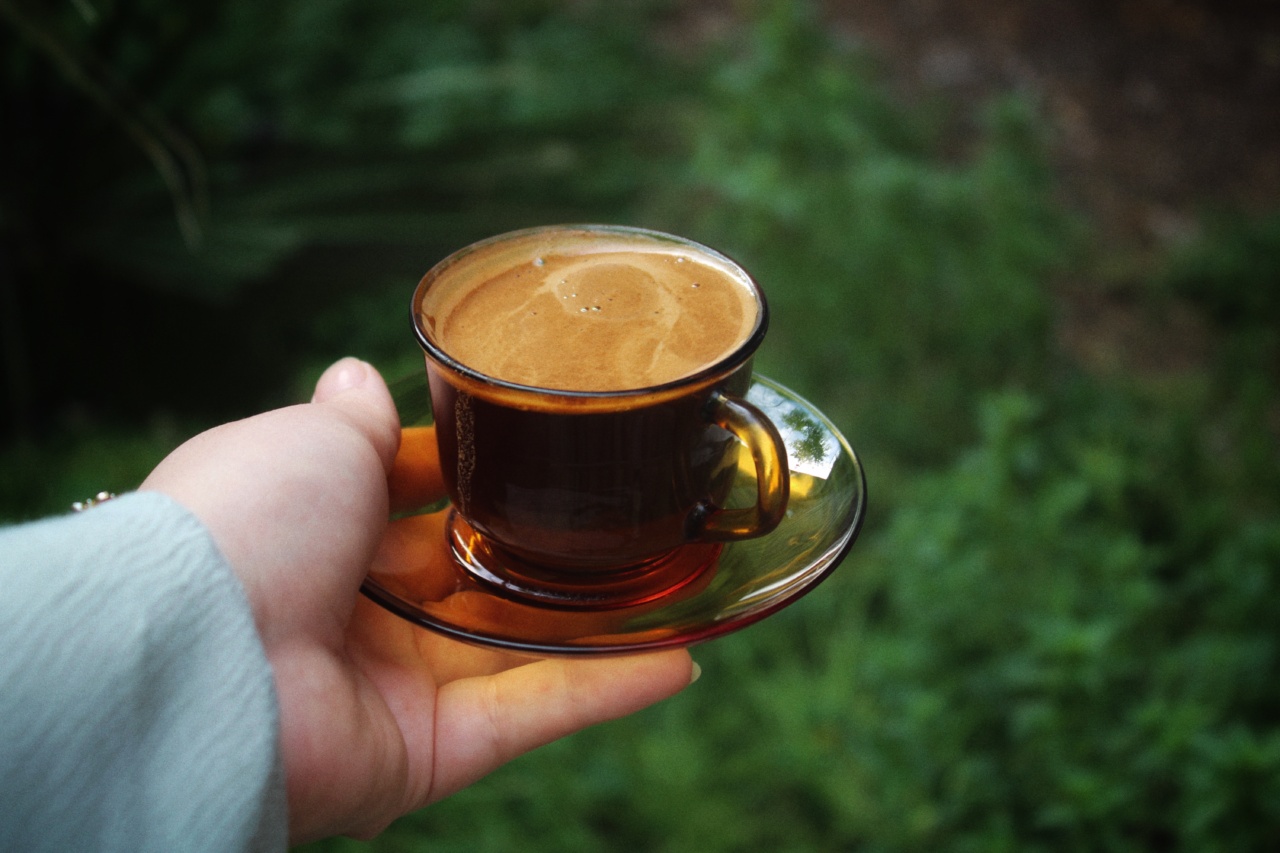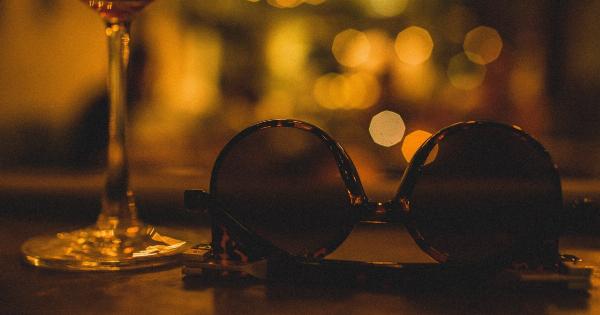Coffee is one of the most beloved beverages across the world. It is highly consumed for its stimulating effect which helps people to stay awake and focused.
However, one of the most common side effects that individuals experience after consuming coffee is an increased need to urinate. This phenomenon is widely known, but have you ever wondered why it happens? In this article, we will explore the various reasons why coffee leads to increased urination.
1. Diuretic properties of caffeine
One of the primary reasons why coffee increases urination is its diuretic effect. Caffeine, the active ingredient in coffee, acts as a diuretic by increasing the production of urine.
It achieves this by inhibiting the reabsorption of sodium ions in the renal tubules, which ultimately results in increased urine production and subsequent urination.
2. Impact on kidney function
Drinking coffee stimulates the kidneys, which are responsible for filtering waste products and excess water from the bloodstream to produce urine.
The caffeine in coffee increases blood flow to the kidneys and enhances glomerular filtration rate, leading to increased urine production.
3. Bladder irritation
Coffee acts as an irritant to the bladder lining, causing it to become more sensitive. When the bladder is irritated, it triggers the need to empty itself. This can result in frequent trips to the bathroom and increased urination.
4. Increased fluid intake
Many coffee drinkers consume multiple cups of coffee throughout the day, often replacing other fluids. This increased fluid intake naturally leads to more frequent urination.
While caffeine itself has a diuretic effect, the additional fluid consumption contributes to the increased urination associated with coffee consumption.
5. Impact on hormone levels
Research has shown that coffee consumption can affect hormone levels, particularly the release of atrial natriuretic peptide (ANP) and renin. ANP is a hormone that helps regulate fluid balance and blood pressure.
Coffee’s impact on ANP levels can contribute to increased urination by promoting fluid excretion.
6. Psychological response
For some individuals, the urge to urinate after consuming coffee may be purely psychological.
The association between coffee consumption and the need to urinate may create a conditioned response, where the brain signals the body to produce urine even when the bladder is not significantly full.
7. Individual sensitivity
Every person has a unique body chemistry, and some individuals may be more sensitive to the diuretic effects of caffeine than others.
It is possible that certain genetic factors or personal physiological differences make some individuals more prone to increased urination after consuming coffee.
8. Laxative effects
Coffee, particularly when consumed in larger quantities, can have a laxative effect on the digestive system. This stimulant effect can accelerate transit through the bowels and result in increased bowel movements.
As a response to this increased bowel activity, the body may signal a need to empty the bladder more frequently as well.
9. Body temperature regulation
Caffeine present in coffee can also stimulate thermogenesis, which is the process of heat production in the body.
This increased heat generation can lead to perspiration, which in turn can result in increased fluid loss and subsequently increased urination to maintain fluid balance.
10. Interplay with other factors
While coffee itself can contribute to increased urination, it is important to consider other factors that may exacerbate this effect.
For example, if you consume coffee alongside a meal or other foods with high water content, the combination can lead to even more significant urine production. Additionally, certain medical conditions such as diabetes or urinary tract infections can amplify the diuretic effect of coffee.
In conclusion, the increased need to urinate after consuming coffee is primarily attributed to the diuretic properties of caffeine, its impact on kidney function and hormone levels, bladder irritation, increased fluid intake, body temperature regulation, psychological response, laxative effects, individual sensitivity, and the interplay with other factors. Understanding these reasons can help individuals make informed choices regarding their coffee consumption and manage the consequences.































